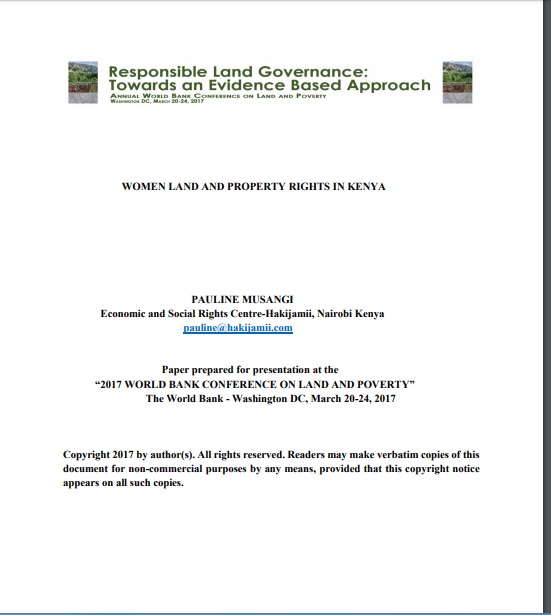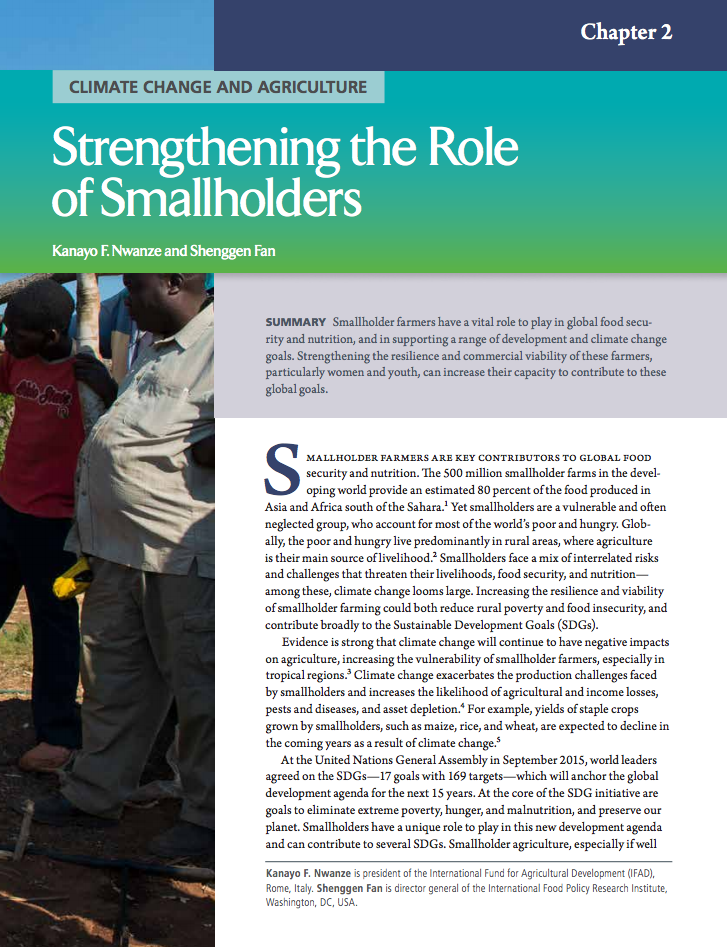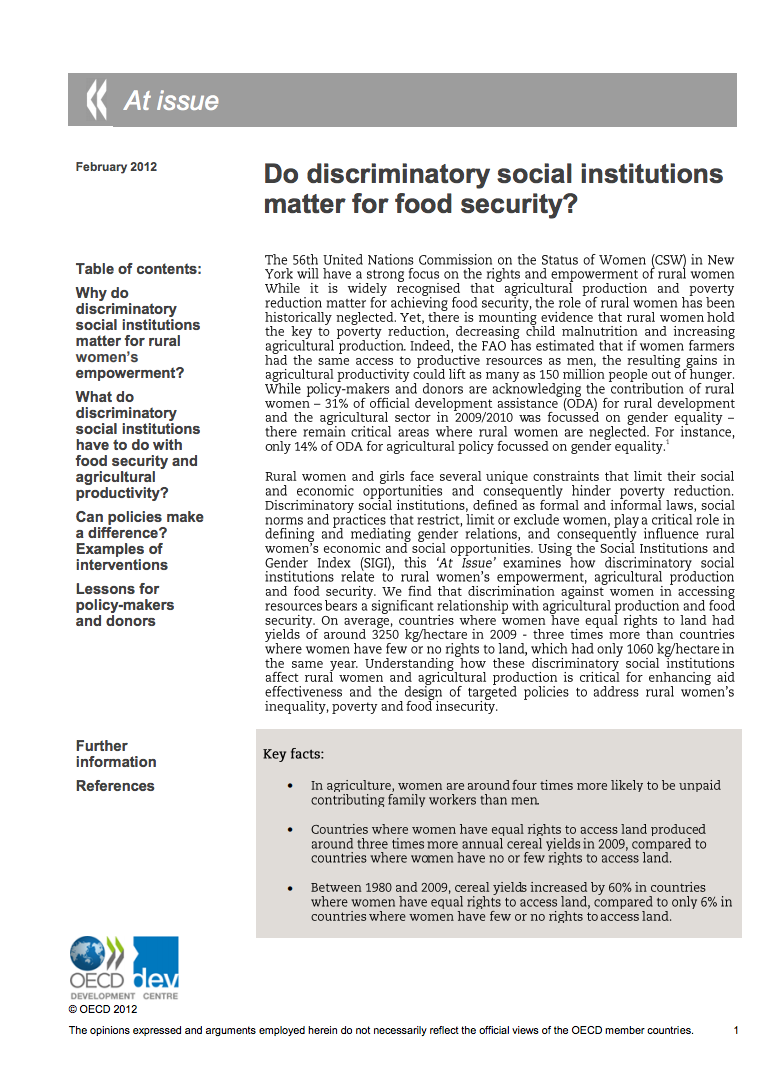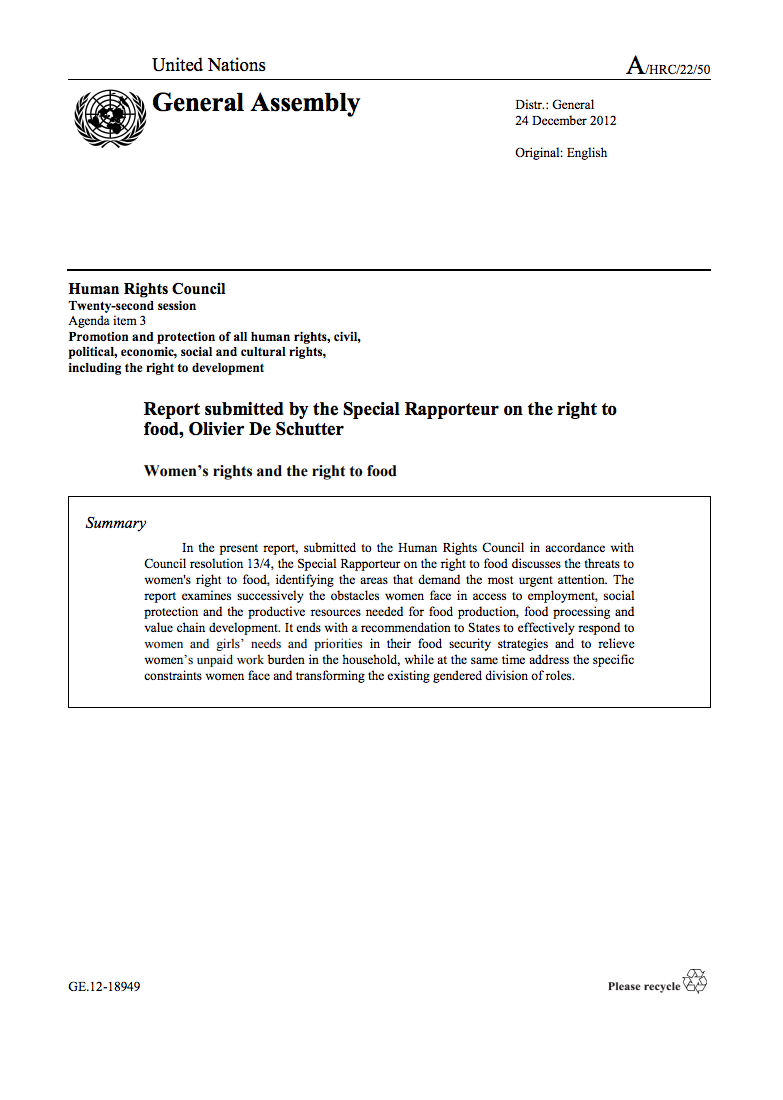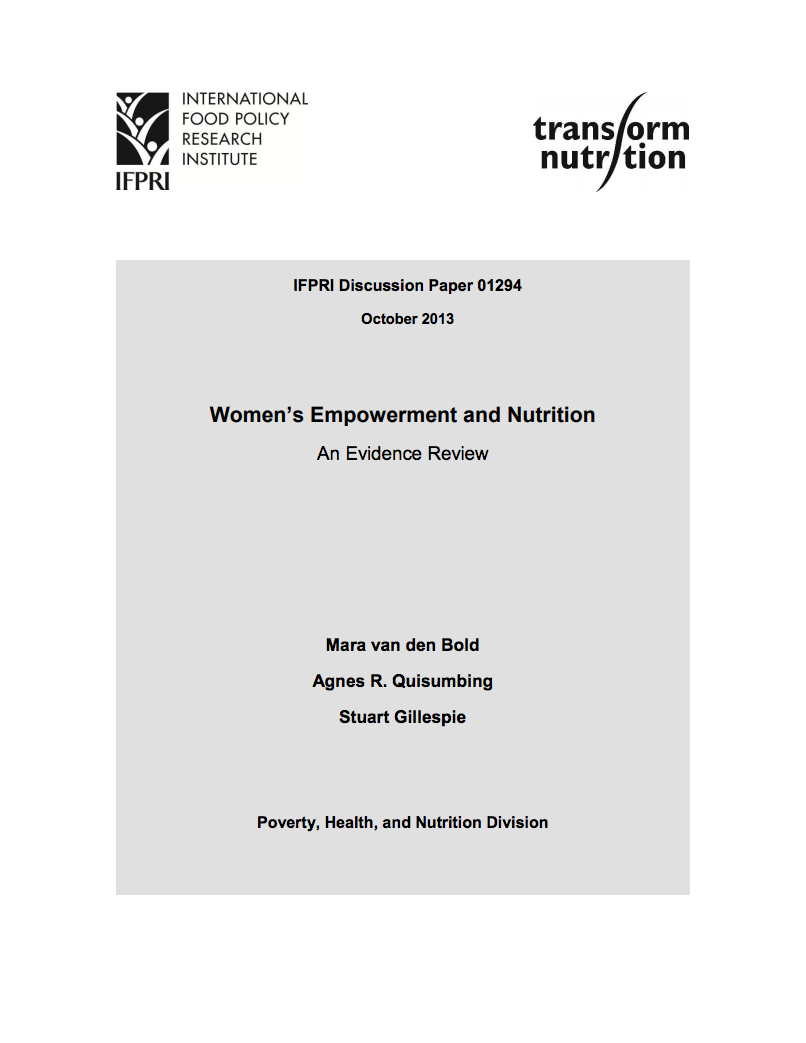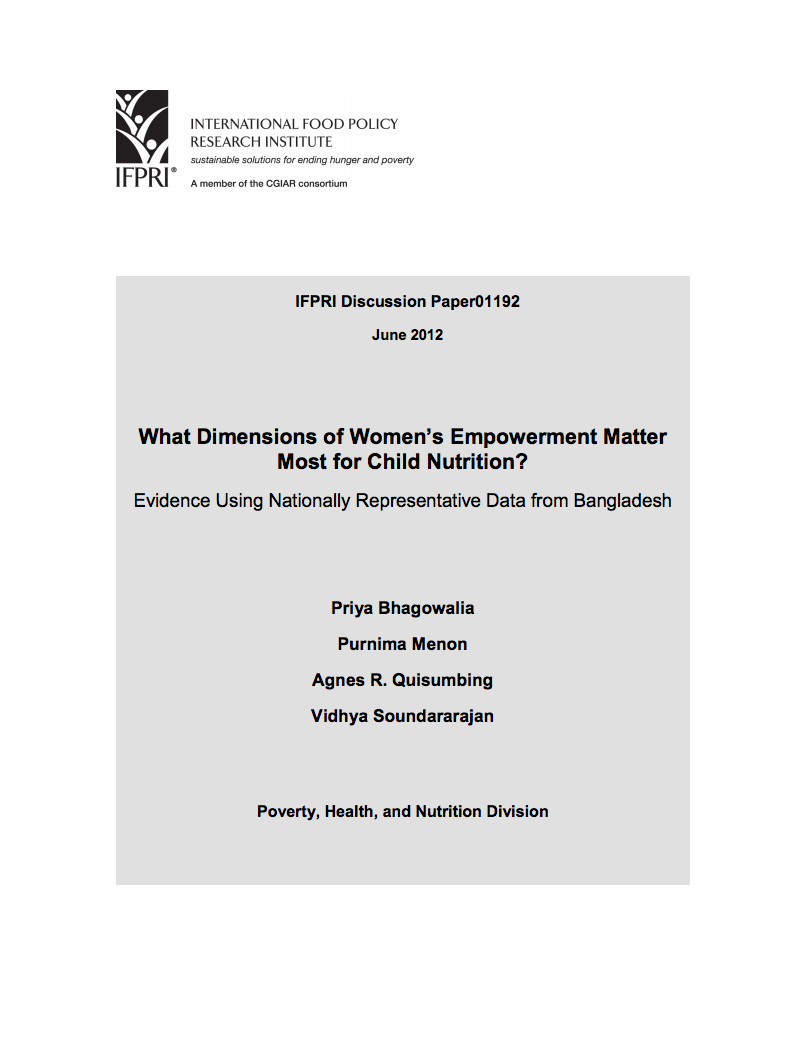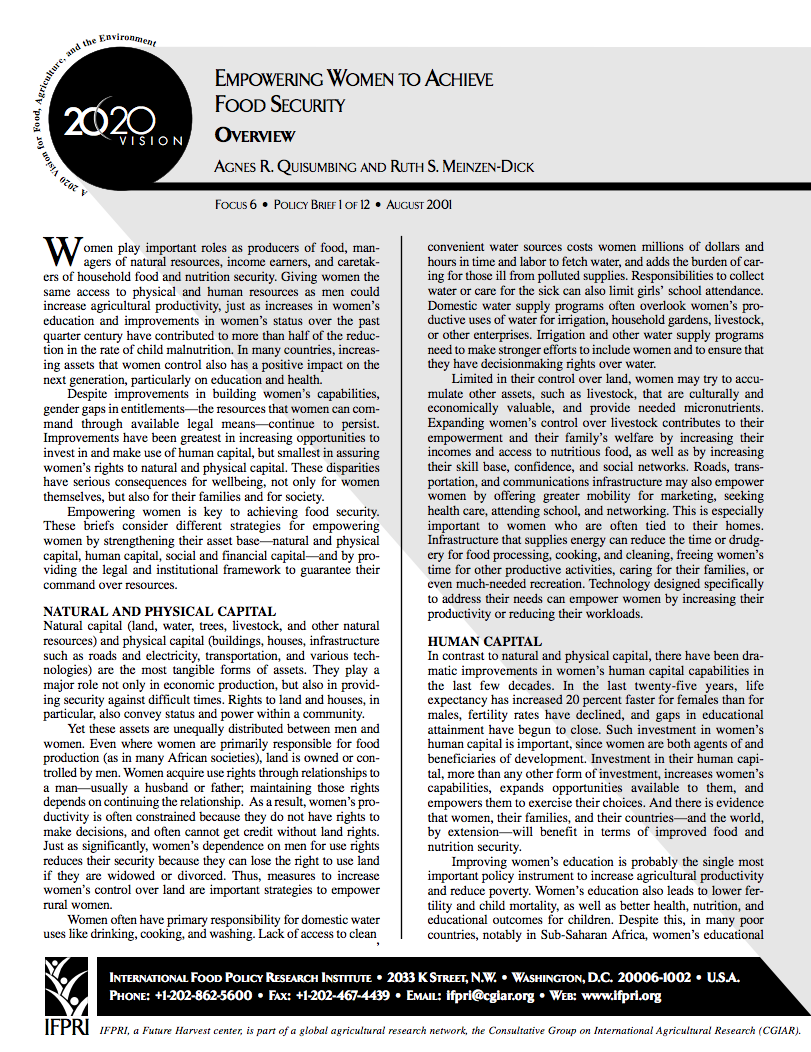Radiografía de la desigualdad
Luego de 45 años, en Colombia se realizó un nuevo Censo Agropecuario en 2014, cuyos resultados fueron publicados en varias entregas parciales. A finales de 2016, el Departamento Administrativo Nacional de Estadística (DANE) entregó los microdatos completos del censo.


